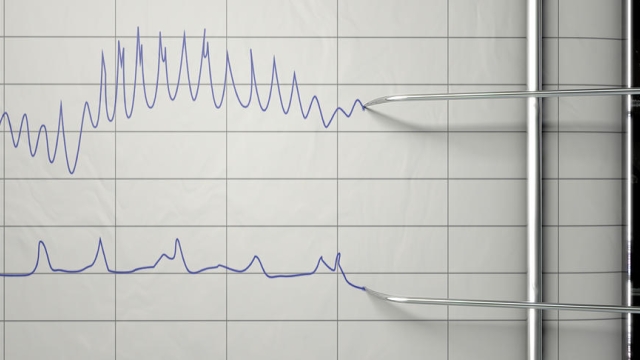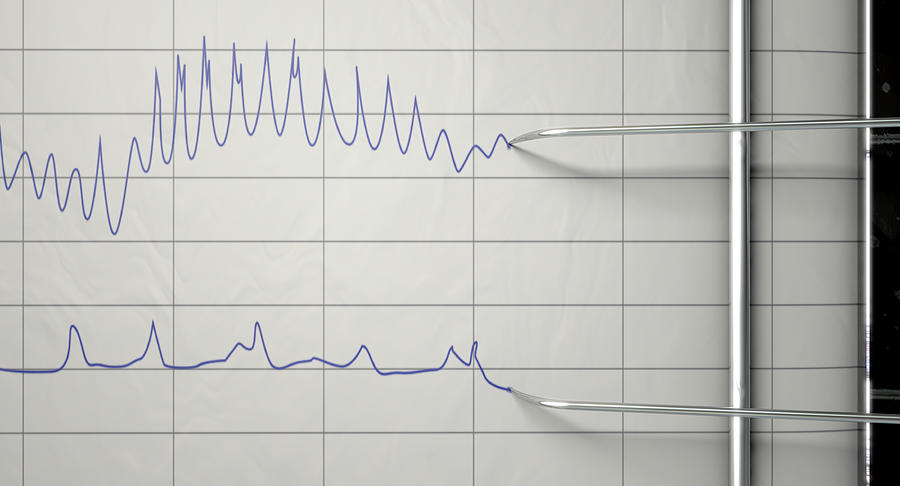
Unveiling the Truth: The Mysteries of the Lie Detector Test

Lie detector tests have long been a subject of fascination and controversy. Commonly used in criminal investigations and employment screenings, these tests are designed to detect signs of deception by measuring physiological responses. The idea that a machine can determine whether someone is lying or telling the truth may seem like something out of a science fiction novel, but lie detector tests are very real and are widely used in various settings around the world.
History of Lie Detector Test
The concept of lie detection dates back to ancient times, with various methods used to determine truthfulness. However, the modern polygraph, also known as the lie detector test, was developed in the early 20th century. In 1921, John Augustus Larson, a medical student at the University of California, Berkeley, created the first polygraph instrument to measure changes in a person’s physiological responses.
Throughout the years, the lie detector test gained popularity and was used in criminal investigations, employment screenings, and government security clearances. The polygraph apparatus measures physiological indicators such as blood pressure, heart rate, respiration, and skin conductivity in response to questions asked during a test. These measurements are believed to indicate levels of stress or deception in the subject being examined.
Despite its widespread use, the accuracy and reliability of lie detector tests have been subject to controversy and debate. Critics argue that factors such as individual differences in physiological responses and the skill of the examiner can influence the test results. As technology advances, new methods of deception detection continue to be explored, challenging the traditional methods of lie detection.
Accuracy of Lie Detector Test
Lie detector tests have long been used as a tool to determine truthfulness in various settings. The accuracy of a lie detector test relies on multiple factors, including the experience and training of the examiner, the quality of the equipment used, and the physiological responses of the individual being tested.
Lie detector test
When a person undergoes a lie detector test, the examiner analyzes physiological responses such as changes in heart rate, blood pressure, and skin conductance to determine if the individual may be deceptive. However, it is important to note that physiological responses can be influenced by a variety of factors, including stress, anxiety, and even the individual’s belief in the accuracy of the test itself.
Overall, while lie detector tests can provide valuable insights into the physiological responses of individuals during questioning, it is essential to approach the results with caution. The accuracy of lie detector tests may vary, and they are not foolproof indicators of truthfulness. It is crucial to consider other evidence and factors when evaluating the results of a lie detector test.
Ethical Considerations
When it comes to the use of lie detector tests, there are ethical considerations that must be taken into account. One of the main concerns is the invasion of privacy that can occur during the testing process. Individuals may feel uncomfortable or violated when being subjected to such a test, especially if the results are used against them in a way that is detrimental.
Another important ethical consideration is the reliability and accuracy of lie detector tests. There is ongoing debate within the scientific community about the validity of these tests, with some experts arguing that they are not consistently reliable in determining whether someone is lying or telling the truth. This raises ethical concerns about potentially using flawed technology to make important decisions about individuals.
Furthermore, there is a risk of discrimination and bias when administering lie detector tests. Certain populations, such as individuals with certain medical conditions or mental health disorders, may be unfairly disadvantaged by the results of these tests. It is essential to consider these ethical implications and ensure that lie detector tests are used responsibly and fairly in all situations.



